"Identifying and preventing violent behavior in cyberspace in universityeducation environment" is one of the contents mentioned in the National Conference on Science and Technology of Transport held at Ho Chi Minh City University of Transport on May 16.
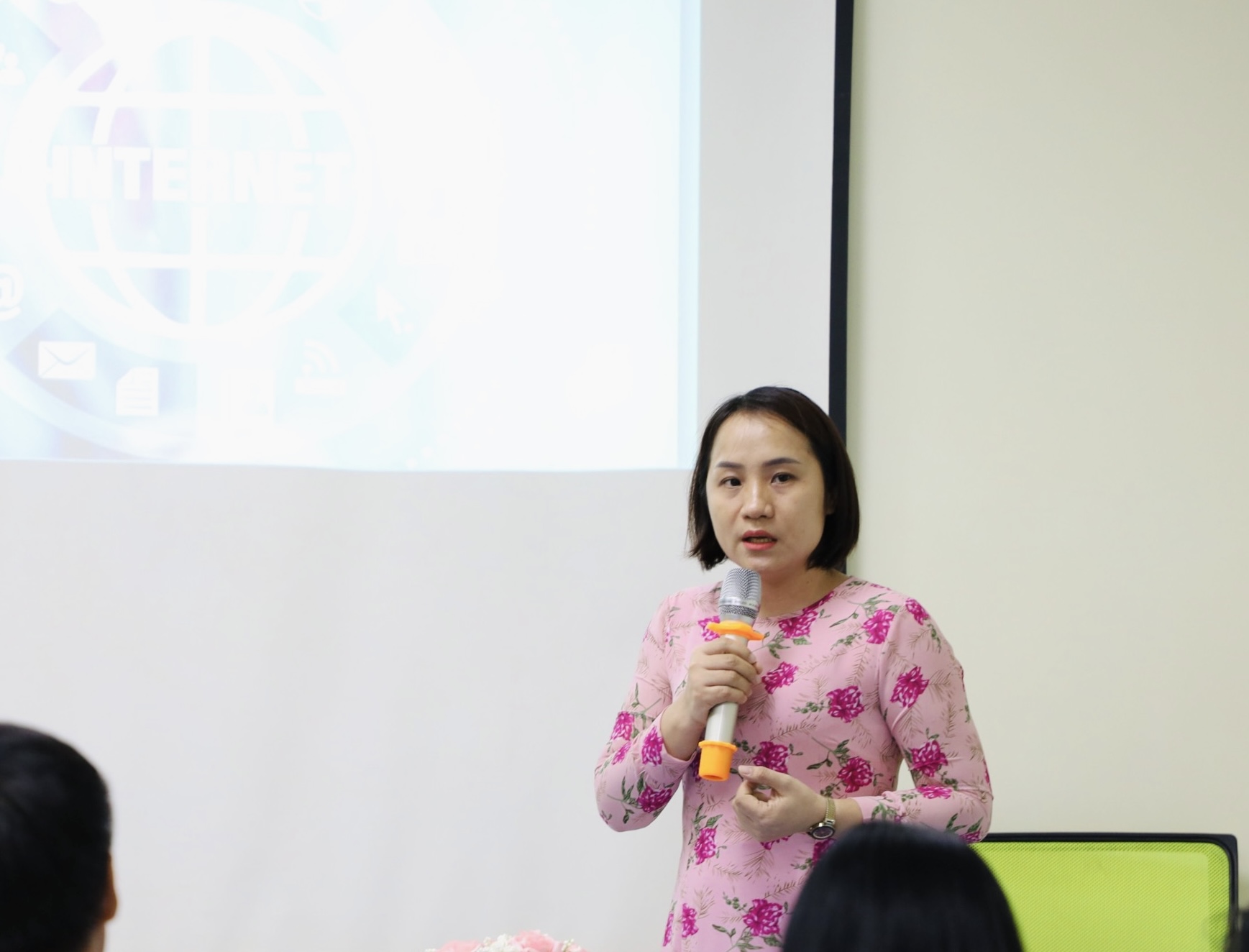
Master Ngo Thuy Dung shares information at the workshop
56% of students have had their information and passwords stolen
Presenting a paper at the conference, Master Ngo Thuy Dung, a lecturer of law at the Faculty of Political Theory at the Ho Chi Minh City University of Transport, said that cyber violence is understood as the use of information technology to carry out intentional attacks aimed at infringing upon the legitimate rights and interests of subjects in cyberspace.
Master Thuy Dung noted: "Students are quick to grasp technology, have a high frequency of using electronic devices, and spend a lot of time on the internet. Therefore, students can become victims of violence on social networks, or even become violators."
To collect practical information, Master Thuy Dung said that the group of authors conducting the paper conducted a random survey of 705 students from 3 universities: Ho Chi Minh City University of Transport, Ho Chi Minh City University of Technical Education, Ho Chi Minh City University of Information Technology. The survey was conducted online from March 25 to April 10.
Survey results show that up to 99.9% of students use phones, computers, tablets or digital devices and social networks. Of these, 56% of users have had their information and account passwords hacked during use.
At the same time, 69% of students participating in the survey said they had been victims of online violence in many forms. Specifically: having been commented on by others when posting information and images on social networks; having been sent unhealthy information, images, and videos by others; having been spoken to, posted, and spread information and images to defame and insult; having private information and family secrets revealed by others online...
The survey also found that students can be perpetrators of cyberbullying, either directly or indirectly, intentionally or unintentionally.
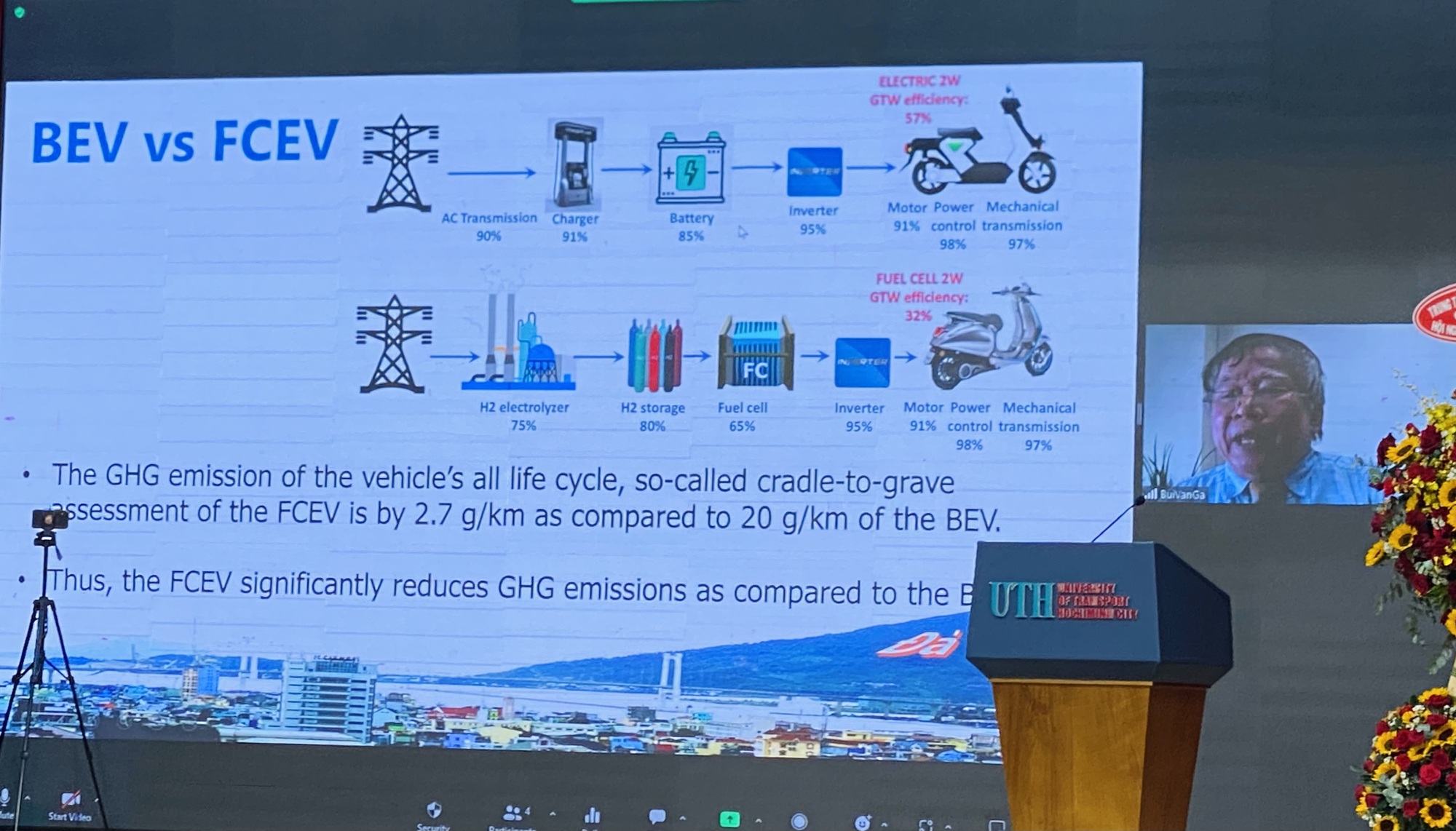
Associate Professor, Dr. Bui Van Ga, former Deputy Minister of Education and Training, also shared online at the conference.
When being bullied online, what should students do?
Regarding the reason for conducting the above research, Master Thuy Dung said: "The reality of teaching and working with students shows that violence in cyberspace is a real threat to them. Therefore, information and proactive measures to prevent it are extremely necessary."
The research team, including Master Thuy Dung and Master Tran Trung Nguyen, lecturers at the Continuing Education Center of Ho Chi Minh City University of Transport, also proposed a number of solutions to prevent cyber violence in the university education environment.
Accordingly, students need to raise awareness of cyber security and cyber violence by learning about types of cyber attacks and how to prevent them; protecting personal information, being vigilant and careful when using the Internet...
"When attacked or abused online, students need to stay calm, collect evidence (photocopy, save images, links, request a record...), report to the police or file a lawsuit in court to protect their rights. Proactively contact the school, lecturers or lawyers for advice and support if necessary," noted Master Thuy Dung.
The school needs to develop a specific policy on cyber violence, clearly stating violations and specific forms of handling; strengthen the connection between the school, students, and parents to promptly detect violations and help students when they are attacked. At the same time, the school must ensure that there is a timely and effective response policy when students, staff, and lecturers are subjected to cyber violence.
Source link



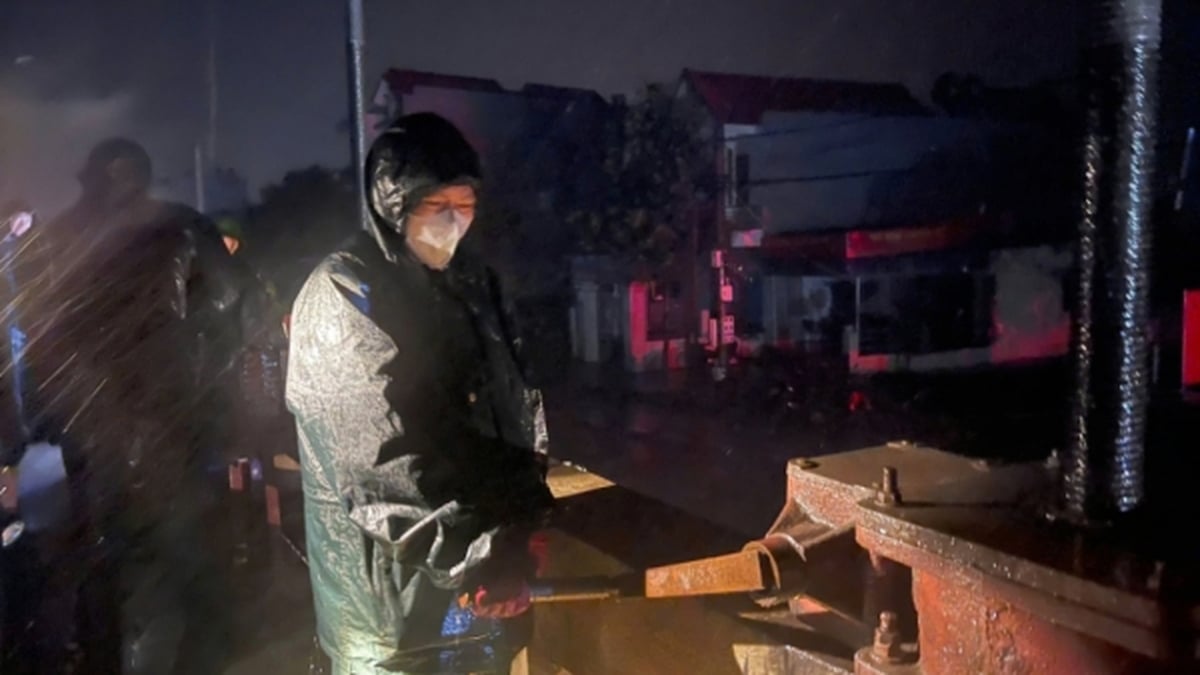
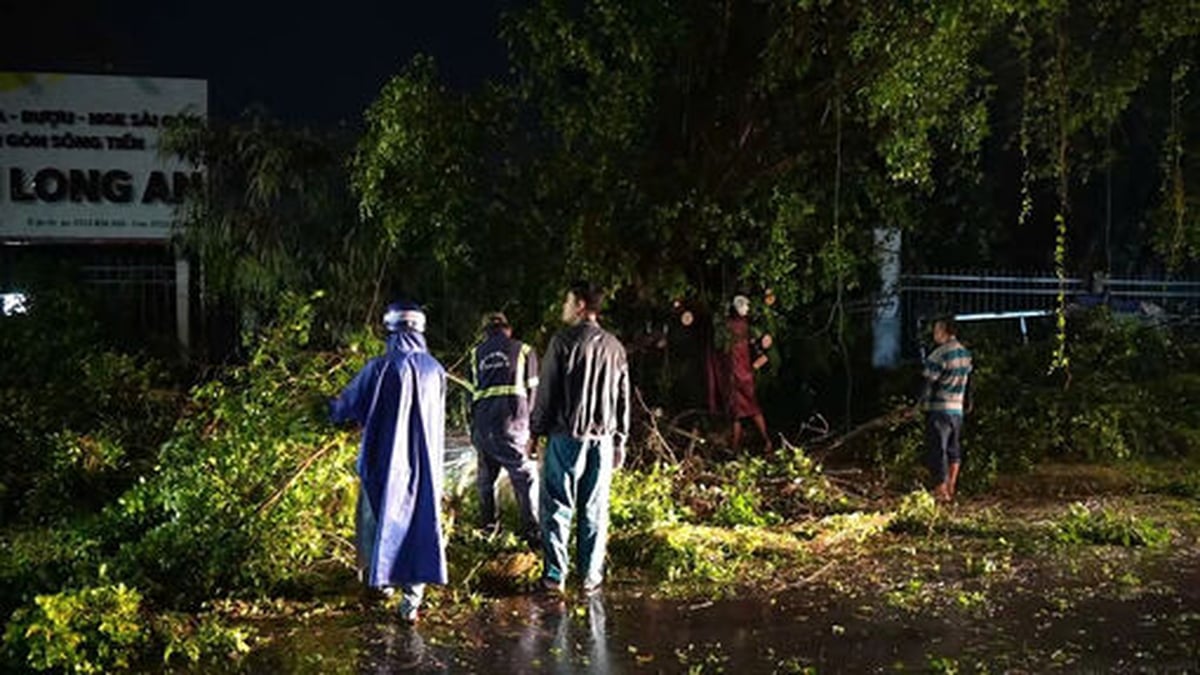
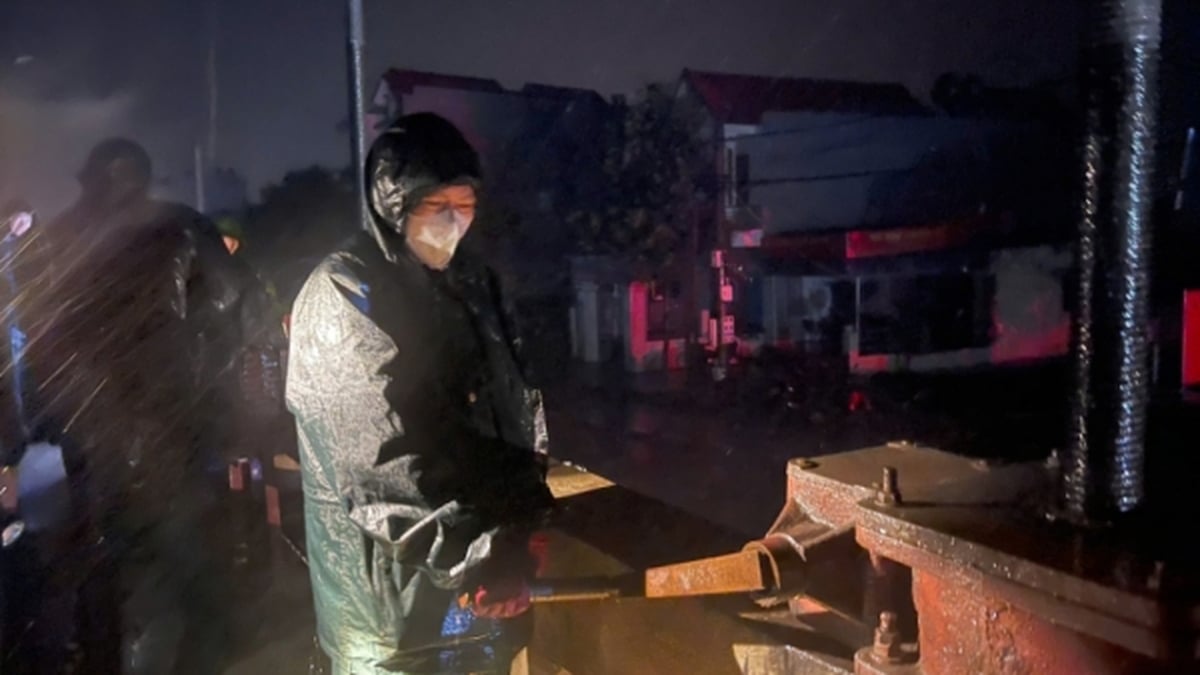

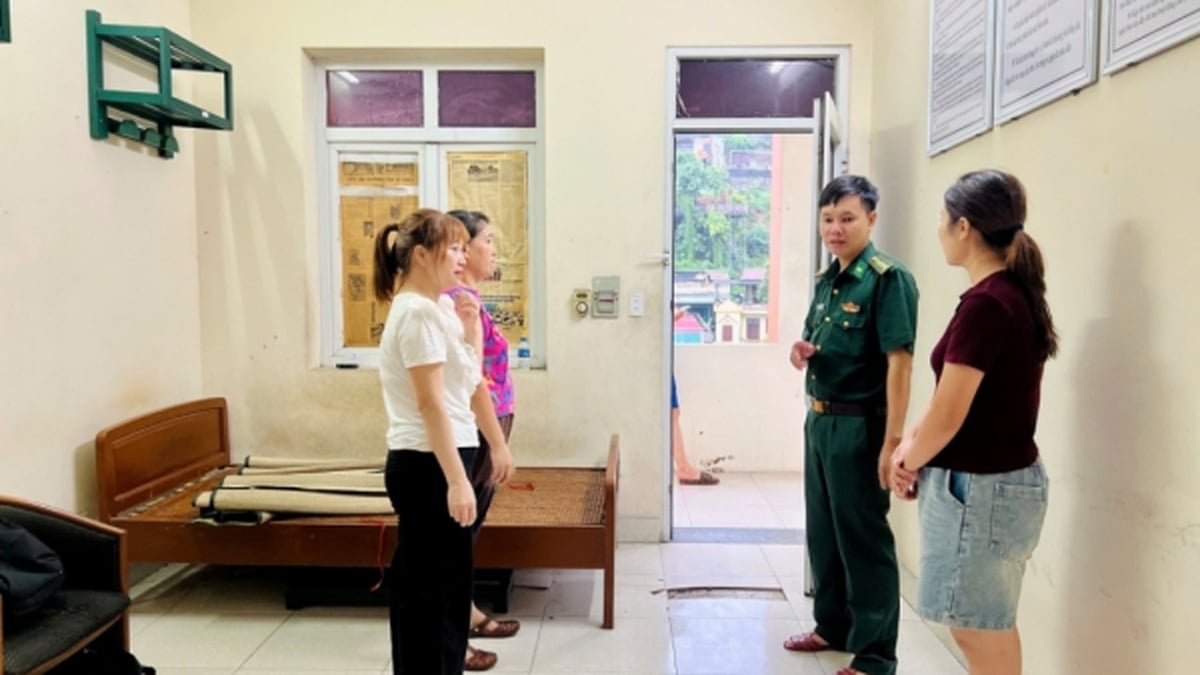



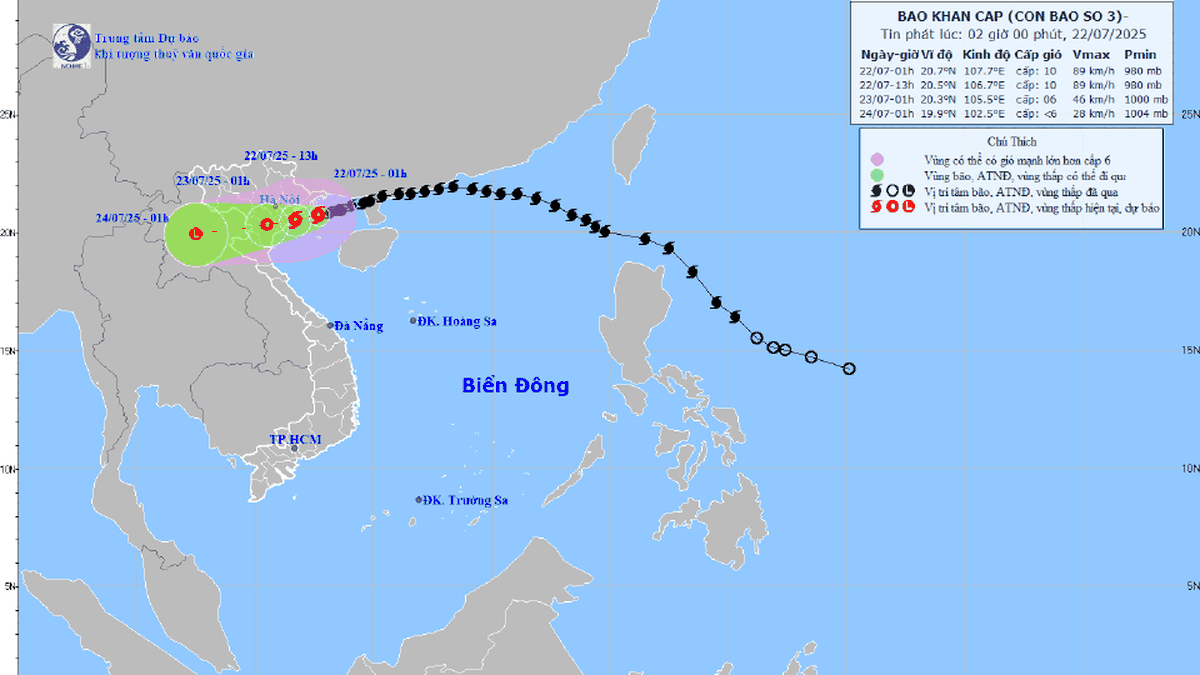



















![[Photo] National Assembly Chairman Tran Thanh Man visits Vietnamese Heroic Mother Ta Thi Tran](https://vphoto.vietnam.vn/thumb/1200x675/vietnam/resource/IMAGE/2025/7/20/765c0bd057dd44ad83ab89fe0255b783)





































































Comment (0)